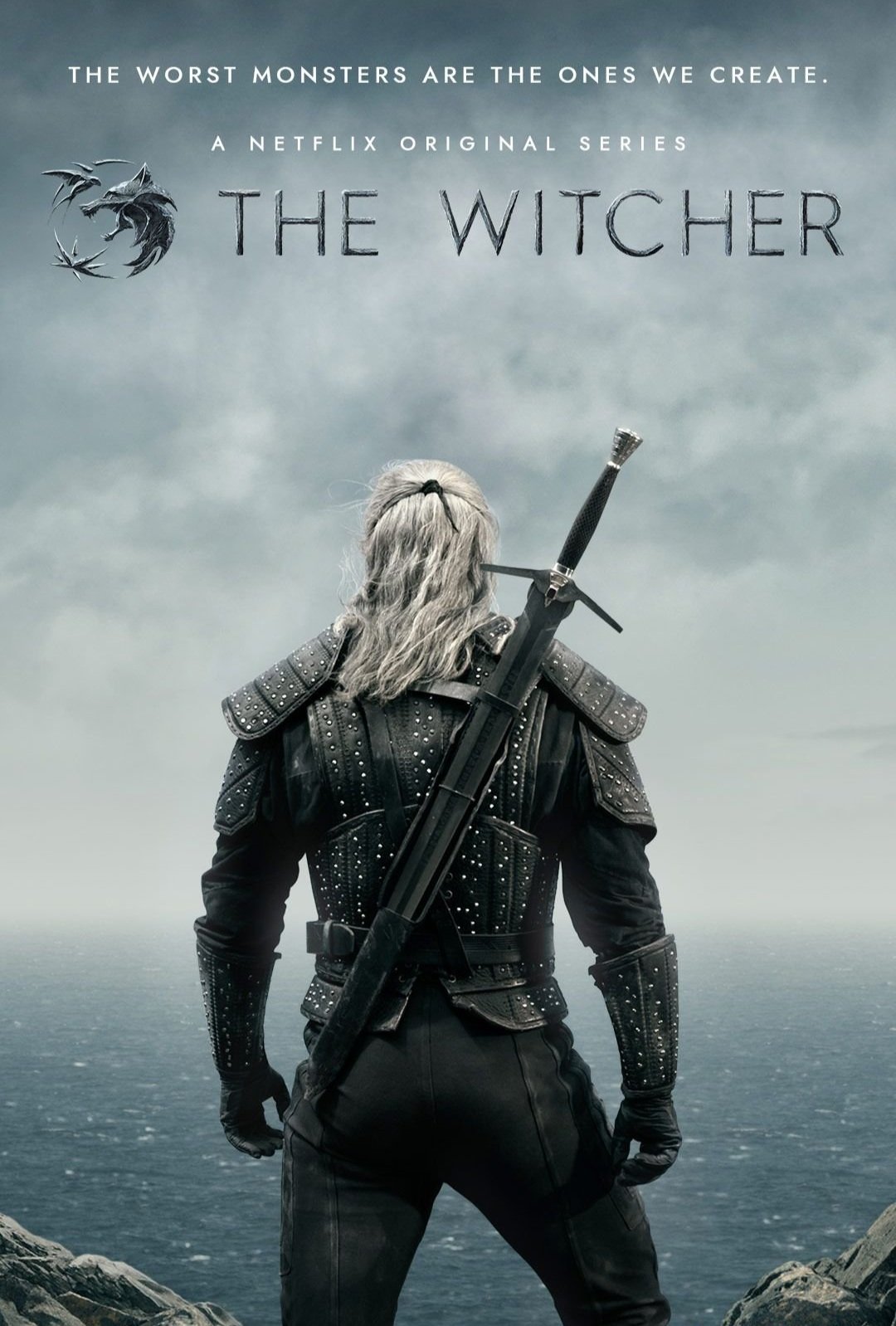Grudge Against the Gritty
/credit to d_poltoradnev on pixabay
Most people, whether they know it or not, are familiar with gritty fantasy. It’s been on the rise in popular media for several years. Despite the name, I’m a bit skeptical if works in this sub-genre deserve to be part of fantasy at all.
Why?
Awe is critical in fantasy. Awe is the way I felt when I saw the Balrog in the Lord of the Rings the first time around. It’s the way I feel watching Hiccup and Toothless fly together in How to Train Your Dragon. It was seeing all the creatures in Fantastic Beasts and Where to Find Them.
The awe factor is a huge draw in the fantasy genre. Gritty fantasy is hallmarked by realism, a fair amount of violence and very little magic. These combine into a perfect storm. If the creator is not careful, the awe — the very core of fantasy itself — can be sucked out of the story.
Realism
Now, when I think of a fantasy story, the last thing that comes to mind is realism. Even in fantasy stories set in the modern day, the focus isn’t usually on that aspect. Fantasy is supposed to be an escape from a person's every-day life. I want to see things that are incredible and new and amazing. I want to be wowed! But in gritty fantasy, I find the only thing that “wows” me is the…
Violence
I’m not against violence in fiction. I think it actually makes for great catharsis — and, apparently, I’m not the only one who thinks so. However, it’s not necessarily what people look for in fantasy.
Usually, people expect sword fights, battles with terrible creatures or even a good, old-fashioned tavern brawl. Gritty fantasy lends itself more towards violence for the sake of violence, and that gets old no matter the genre.
If the violence overshadows everything else, there’s no room for awe. Or, worse than that, the reader/viewer may lose interest to the point where there’s no joy when the awe factor is finally presented. Sometimes, creators can tie the violence in, though, by using…
Magic
Unfortunately, gritty fantasy tends to have a lack of magic, as I mentioned before. Magic is a ridiculously useful plot device, as I touched on in my last post. Because it can pretty much do anything — with proper integration, explanation and set-up, of course — it’s very easy to create awe. It’s also a rather traditional part of fantasy and tends to be something audiences look for due to its familiarity.
In many cases, fantasy creatures are also tied into magic. And, you guessed it, they also make for great awe moments. Though this is not always the case, eliminating or downplaying magic can cause difficulty including creatures.
Removing both these aspects not only seems like a strike against the fantasy genre, but an unnecessary loss on the part of the author.
But It’s Still Fantasy!
a poster for netflix’s the witcher
Yes, I suppose it is. But maintaining the sense of awe in fantasy is important, and there’s no reason it can’t be done. The Witcher — a book series by Andrzej Sapkowski that's now available as a show on Netflix — is an excellent example. It uses the defining characteristics of fantasy to create awe!
Maybe I’m biased. I strongly dislike realistic fiction. I live in the real world every single day, and will continue to do so for the rest of my life. It’s these beautiful awe-moments that pull me out of my head. They let me have moments where I am living in that story, in that reality.
In my opinion, being able to create awe is a trait of a successful fantasy writer, no matter what sub-genre they choose to work in.
Simona Casale
Simona is an aspiring editor and fiction author. In her free time she like to crochet, play video games, and read fanfiction. If you need to find her, check the nearest restaurant that serves ahi tuna bowls — look for the girl in pink.




